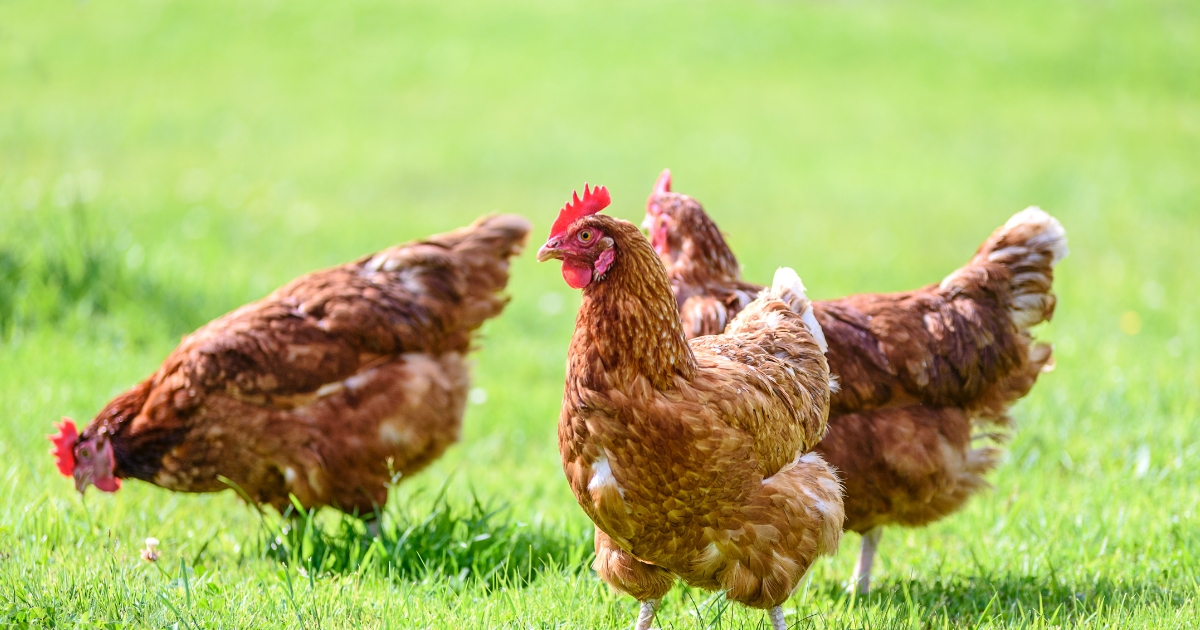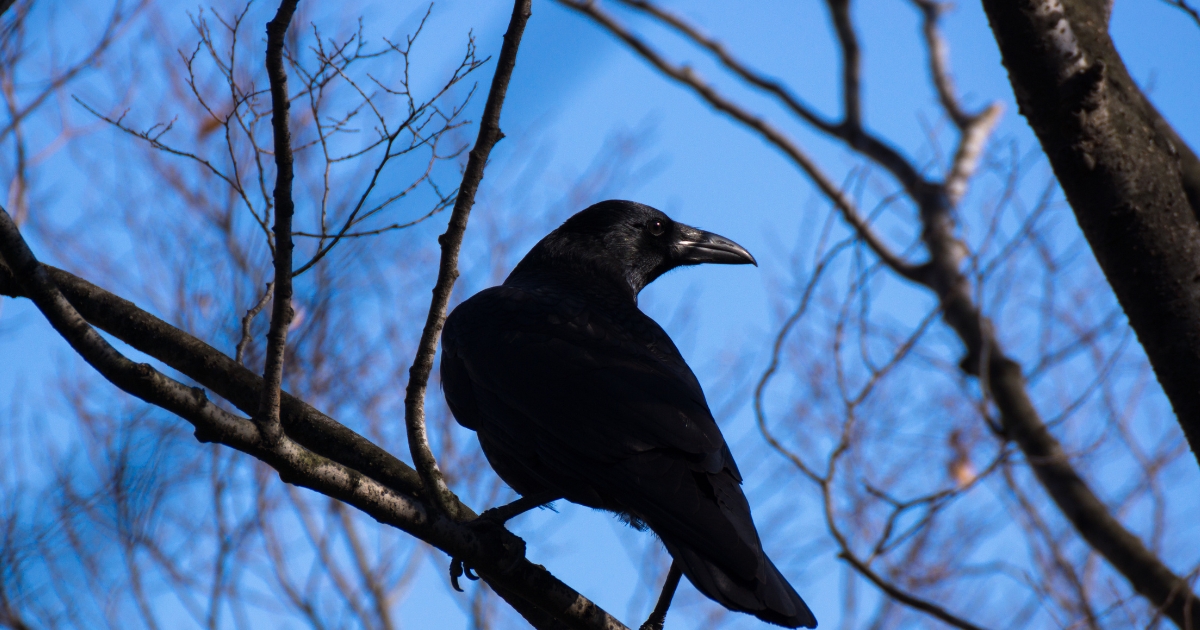
Fact Sheets And Publications
- Ask Extension
- Health & Well-being
-
Agricultural Programs
- Agribusiness
- Animal Science
- Beginning Farmer Program
- Commercial Crops
- Commericial Horticulture
- Delaware Soil Testing Program
- Disease Management
- Farm Vitality and Health Project
- Irrigation
- Nutrient Management
-
Insect Pest Management
- Insect Trapping Program
- IPM Hot Topics
- Commercial Field Crop Insect Management
- Commercial Field Crop Disease Management
- Commercial Fruit & Vegetable Crop Pest Management
- EIPM Implementation Projects
- Pollinators
- Research and Extension Demonstration Results
- Brown Marmorated Stink Bug (BMSB) Management, Research, and Resources
- Publications
- Pesticide Safety Education Program
- UD Plant Diagnostic Clinic
- Variety Trials
- Weed Science
- Certified Crop Advisor Program
- Poultry Biosecurity
- 4-H
-
Horticulture
- Climate Variability and Change
- Delaware Soil Testing Program
- Forestry
- Lawn and Garden
- Master Gardeners
- Master Naturalist Program
-
Nutrient Management
- Nutrient Management Certification
- Continuing Education for Nutrient Management
- Nutrient Management Planning Resources
- Commercial Nutrient Handler Resources
- Poultry Litter and Manure Management
- Turf Management
- Agriculture Notebook
- Horticulture Handbook
- Agriculture & Horticulture Handbooks
- Crop Production
- Soil Fertility
- Delaware Climate Change Coordination Initiative (DECCCI)
- Salt Impacted Agricultural Lands

Steam Team: Biosecurity-Avian Influenza
May 2025 | Written by: Twila Parish-Short, MEd., Science Educator
Introduction
The risk of Avian Influenza (AI or Bird Flu) for backyard flocks is low, but not zero. The more contact your birds have with wild or migrating birds, the higher the risk of exposure. Thankfully, there are simple steps you can take to keep your flock healthy and safe.
Follow these best practices to help protect your birds—and yourself—from bird flu:
Practice Good Biosecurity
Wash your hands thoroughly with soap and water before and after handling birds, their droppings, or their food and water.
Disinfect equipment regularly—this includes feeders, waterers, tools, and anything else that comes into contact with your flock.
Wear dedicated clothing and footwear when entering the chicken area. Easy on/off boots that handle mud and puddles well are a great option—and they make sticking to protocols easier.
Restrict visitor access to your coop. Chickens may be fun and friendly, but your backyard isn’t a petting zoo. If visitors must enter, ensure they wash their hands and wear clean footwear.
Quarantine new birds before introducing them to your existing flock. This reduces the risk of bringing in illness.
Keep the coop and run clean by regularly removing waste, bedding, and debris, and disinfecting all surfaces.

Prevent Contact with Wild Birds
Enclose your coop and run to prevent wild birds from accessing your flock’s space.
Trim trees and remove areas where wild birds may roost near your coop.
Avoid open water sources like ponds and creeks where wild birds gather—especially during migration season.
Keep feeders and waterers clean and covered. Store feed in sealed containers, and clean up any spills right away to avoid attracting wild birds.
Monitor for Signs of Avian Influenza
Stay alert for symptoms such as:
Sudden, unexplained death
Lethargy or lack of appetite
Drop in egg production
Sneezing, coughing, or nasal discharge
Swelling around the head, comb, or wattles
If you notice any of these signs:
Isolate sick birds immediately
Wear gloves and disinfect your shoes or boots
Report suspected cases to the USDA or your State Veterinarian right away
📞 Call 1-866-536-7593
Early Detection Saves Flocks
Early reporting is key to containing the spread of avian influenza. Taking quick action protects not just your birds, but the wider community of poultry owners in your area.
UD Cooperative Extension
This institution is an equal opportunity provider.
In accordance with Federal law and U.S. Department of Agriculture policy, Cooperative Extension is prohibited from discriminating on the basis of race, color, national origin, sex, age, or disability.
The University of Delaware is an Equal Opportunity Institution and Provider. Visit UD’s Office of Equity & Inclusion to learn more.
Additional Links
531 South College Avenue Newark, DE 19716 (302) 831-2501
